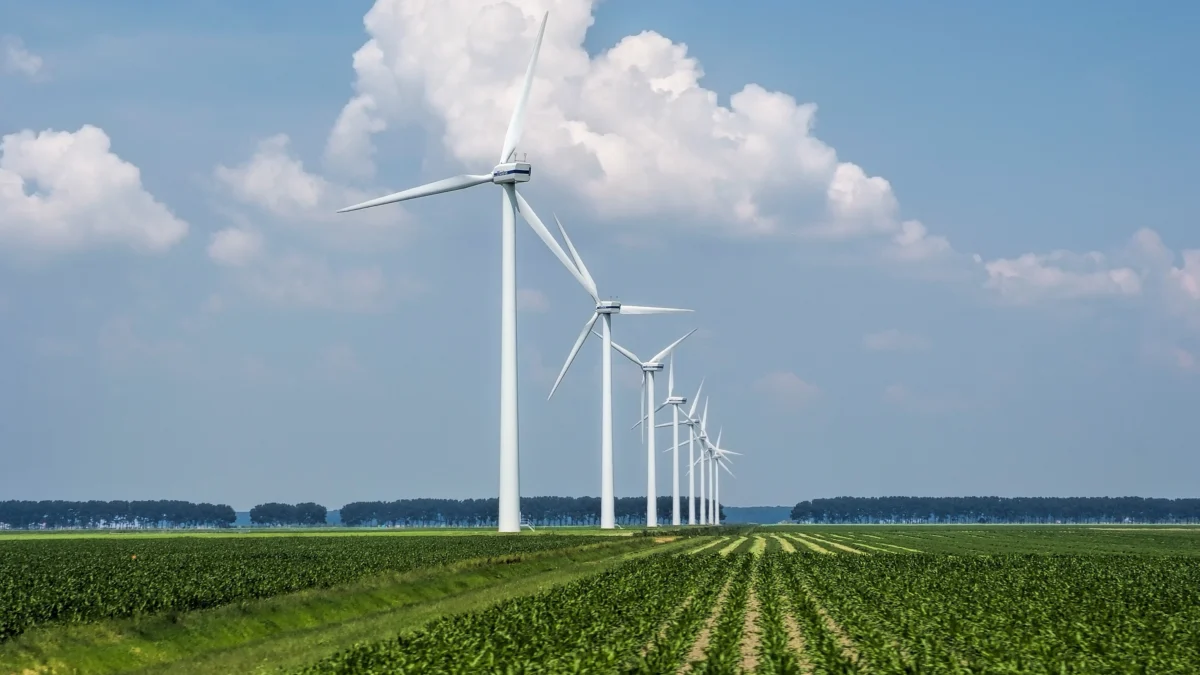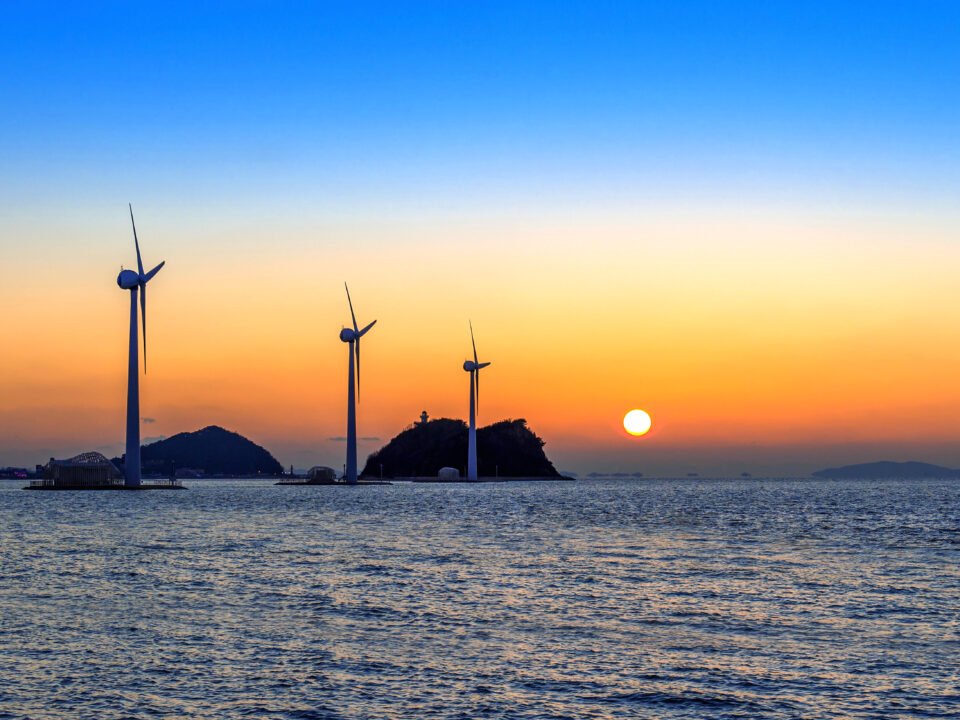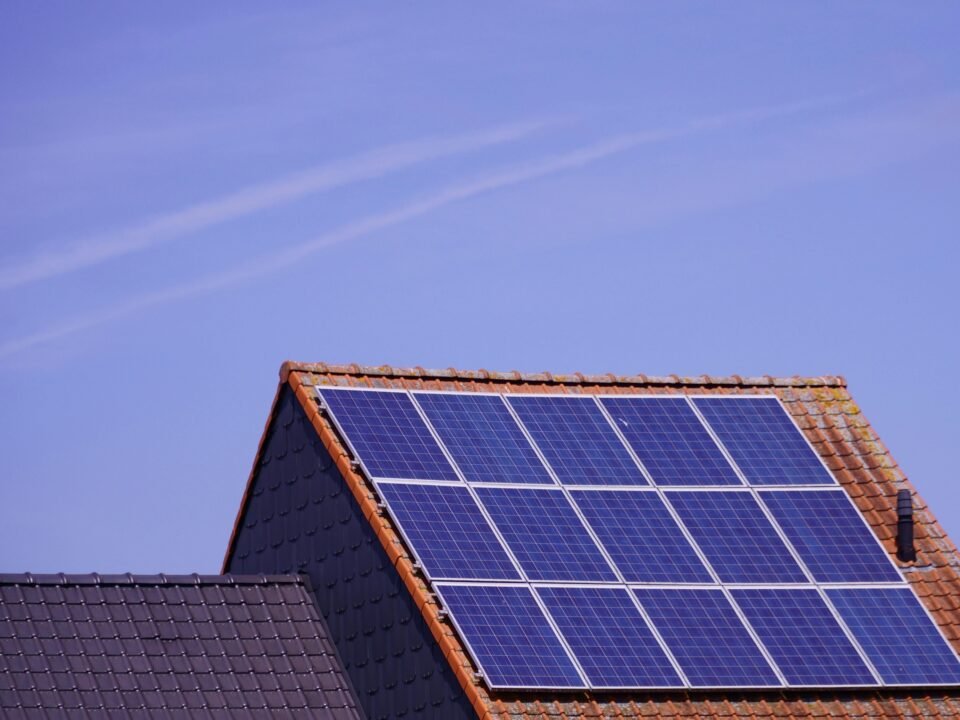Conventional energy resources have been the cornerstone of industrial growth and global development for over a century. These energy sources, derived primarily from fossil fuels such as coal, oil, and natural gas, have powered economies, transported goods, and provided electricity to billions of people. Despite growing concerns over climate change and the rise of renewable alternatives, conventional energy resources still account for a major share of the world’s energy consumption.
In this blog, we’ll explore the top 5 essential facts about conventional energy resources you should know. Whether you’re a student, professional, or eco-conscious individual, understanding these facts will provide clarity on how traditional energy systems work and their broader impact.
Fact 1: Conventional Energy Resources Are Primarily Fossil Fuels
When we talk about conventional energy resources, we mainly refer to fossil fuels – coal, oil, and natural gas. These fuels were formed over millions of years from the remains of ancient plants and organisms buried under layers of earth. Through intense heat and pressure, these organic materials transformed into carbon-rich fuels.
- Coal is the most abundant and widely distributed fossil fuel. It’s used extensively in power generation and steel manufacturing.
- Oil is the world’s most traded energy source and is crucial for transportation, heating, and petrochemical industries.
- Natural Gas burns cleaner than coal and oil and is used for heating, electricity, and as an industrial feedstock.
These energy sources are non-renewable, meaning they cannot be replenished within a human lifespan once depleted.
Fact 2: Conventional Energy Dominates the Global Energy Mix
Despite the rapid expansion of renewables, conventional energy resources continue to dominate the global energy mix. According to the International Energy Agency (IEA), fossil fuels still provide around 80% of the world’s energy demand.
This heavy dependence is due to:
- Established infrastructure: Power plants, pipelines, refineries, and transportation networks are all built around conventional fuels.
- Economic viability: Fossil fuels have historically been cheaper and more efficient in terms of energy output per unit.
- Energy density: Fossil fuels pack more energy in a smaller volume compared to most renewables.
However, this dominance also means higher carbon emissions, air pollution, and long-term environmental risks.
Fact 3: Environmental Impact Is a Major Concern
One of the most significant downsides of conventional energy resources is their environmental impact. The extraction, processing, and burning of fossil fuels contribute to a wide range of environmental issues:
- Air pollution: Emissions from coal and oil contain harmful substances such as sulfur dioxide (SO₂), nitrogen oxides (NOx), and particulate matter, causing respiratory problems and smog.
- Water contamination: Oil spills and wastewater from fracking operations can pollute water bodies, harming aquatic life.
- Greenhouse gas emissions: Fossil fuels are the largest source of CO₂ emissions, contributing heavily to global warming and climate change.
- Habitat destruction: Mining and drilling disrupt ecosystems and biodiversity.
Governments and organizations worldwide are now increasingly prioritizing clean energy solutions to mitigate these impacts.
Fact 4: Conventional Energy Resources Are Finite
A critical fact about conventional energy resources is that they are finite. Unlike renewable energy, which can be replenished naturally (like sunlight or wind), fossil fuels exist in limited quantities.
- Coal reserves may last around 100–150 years at current consumption rates.
- Oil production is becoming more difficult and expensive as accessible reserves dwindle.
- Natural Gas is expected to peak in production within a few decades if current trends continue.
As demand increases and resources decline, energy security becomes a pressing issue. This finiteness has sparked global discussions about energy diversification, conservation, and innovation in renewables.
Fact 5: Transitioning Away from Conventional Energy Is a Global Priority
The world is gradually moving toward cleaner, more sustainable alternatives. While conventional energy resources remain necessary for meeting current demands, there is a growing commitment to reduce their use.
Key global efforts include:
- Carbon pricing and emissions trading systems to internalize the environmental costs of fossil fuels.
- Government subsidies for solar, wind, and other renewable technologies.
- Research and development in energy storage, electric vehicles, and smart grids to support the shift from conventional sources.
- International agreements like the Paris Agreement aiming to cap global temperature rise by phasing out fossil fuels.
Countries like Germany, Denmark, and Costa Rica are leading the way by investing in 100% renewable energy strategies, setting a blueprint for others to follow.
Conclusion
Understanding the realities of conventional energy resources is essential in today’s changing energy landscape. They have played a pivotal role in global progress, but their environmental drawbacks and finite nature have prompted an urgent push toward cleaner alternatives.
To recap, here are the top 5 facts you should remember:
- Conventional energy mainly comes from fossil fuels like coal, oil, and natural gas.
- They still dominate the global energy supply due to infrastructure and efficiency.
- Their environmental impact includes pollution, habitat destruction, and climate change.
- These resources are non-renewable and will eventually run out.
- The global community is working hard to transition to sustainable alternatives.
By staying informed and supporting clean energy initiatives, we can all contribute to a greener, more secure energy future.



